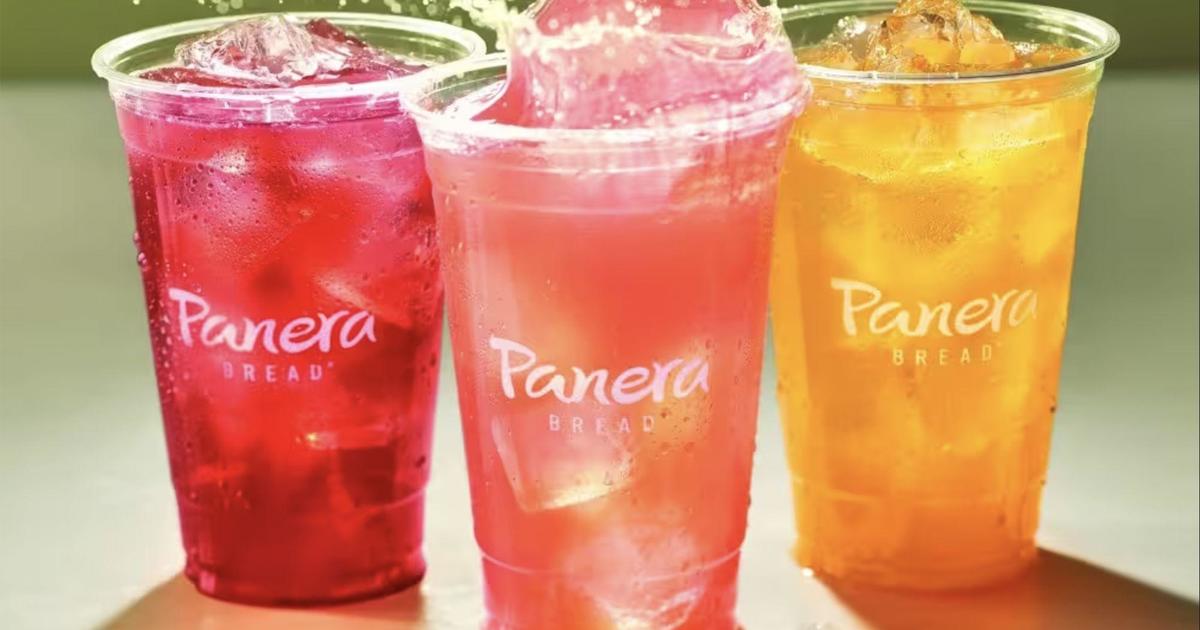Kroger is getting squeezed in crowded grocery aisles
As far as many investors are concerned, Kroger (KR) belongs on the clearance rack. Profits at the country's largest conventional grocery chain are sliding as costs rise amid ever-tightening competition.
Shares of the Cincinnati-based grocer plunged 19 percent to $24.56 on Thursday, hitting a 52-week low, after it cut its earnings guidance for the current quarter. They tumbled another 13% Friday morning following news that online juggernaut Amazon was buying rival grocery chain Whole Foods in a $13.7 billion deal.
Kroger was thought to be holding its own in an increasingly cutthroat market, but earlier this year it reported its first decline in same-store sales (a key retail metric that tracks sales in stores open a year or more) in more than a decade. The figure fell again, by a worse-than-expected 0.2 percent, excluding gasoline, in the most recent quarter.
"It's really hard to just throw in the towel after one or two quarters of less-than-perfect results," said John Brick, an analyst with Morningstar, who urges investors to buy the stock. "They're in the crosshairs of a lot of different players."
Kroger still is plenty profitable, and it does have fans on Wall Street, in addition to Brick. Ten analysts currently rate the company's shares as a "buy," nine rate it a "hold" and one considers it a "sell." Their average price target is $34, about $10 above where it closed today.
The grocer earned $303 million, or 32 cents per share, in its latest quarter on revenue of $36.3 billion. Kroger now expects per-share profits for 2017, excluding some costs, to be $2 to $2.05, down from a previous company forecast of $2.21 to $2.25. That new figure is well below the $2.19 analysts had expected.
Speaking to Wall Street analysts in a conference call yesterday, Chief Executive Rodney McMullen struck an optimistic tone, arguing that Kroger will continue to focus on the customer as the retail food industry changes. He also vowed to remain competitive on price and continue to cut costs.
"We have no intention of giving up the momentum we've gained on low prices," McMullen said. "Many of the things we are doing to pull costs out of the business today set us up for savings in the future. We will only further intensify our process improvement efforts."
Kroger's challenges abound.
First, there's Germany-based Aldi, which has been in the U.S. for decades and is taking market share from Walmart and others by offering no-frills service and rock-bottom prices. The 1,650-store chain announced earlier this year that it plans to spend $5 billion through 2022, opening 900 more stores and remodeling hundreds more.
Aldi's German rival Lidl, which operates 10,000 stores in 27 countries, plans to open its first supermarkets in the U.S. this week. The chain expects to have 100 locations on the East Coast by the summer of 2018. Lidl, which also targets the budget-conscious consumer, will be a formidable competitor to incumbent grocers because its larger stores have a wider product assortment, analysts have said.
U.S.-based food retailers are also changing with times.
Shares of other chains including Whole Foods (WFM), which has had it owns struggles, also fell Thursday. So did Walmart, the largest U.S. seller of groceries, and Target (TGT), which recently named a new head of its food retail business.
Walmart (WMT) has improved its grocery business, which accounts for more than half of its annual sales, by lowering prices and providing better product assortments. Earlier this year, Target (TGT) named former Kroger executive Jeff Burt to overhaul its struggling food retail business. And Amazon (AMZN), even beyond its pending buyout of Whole Foods (WFM) is keen on expanding its online grocery delivery service and is experimenting with a concept for a physical store without checkout counters.
Organic grocer Whole Foods had been under pressure from activist investor Jana Partners to reverse a nearly two-year decline in same-store sales. In a recent interview, CEO John Mackey denounced Jana as "greedy bastards." Shares of Whole Foods fell 6.7 percent, or $2.39, to $33.06 in trading Thursday, only to soar Friday with Amazon's announcement of a $42-a-share buyout price.
Kroger may not be facing similar shareholder pressure, but it sure has its hands full trying to please grocery shoppers.



